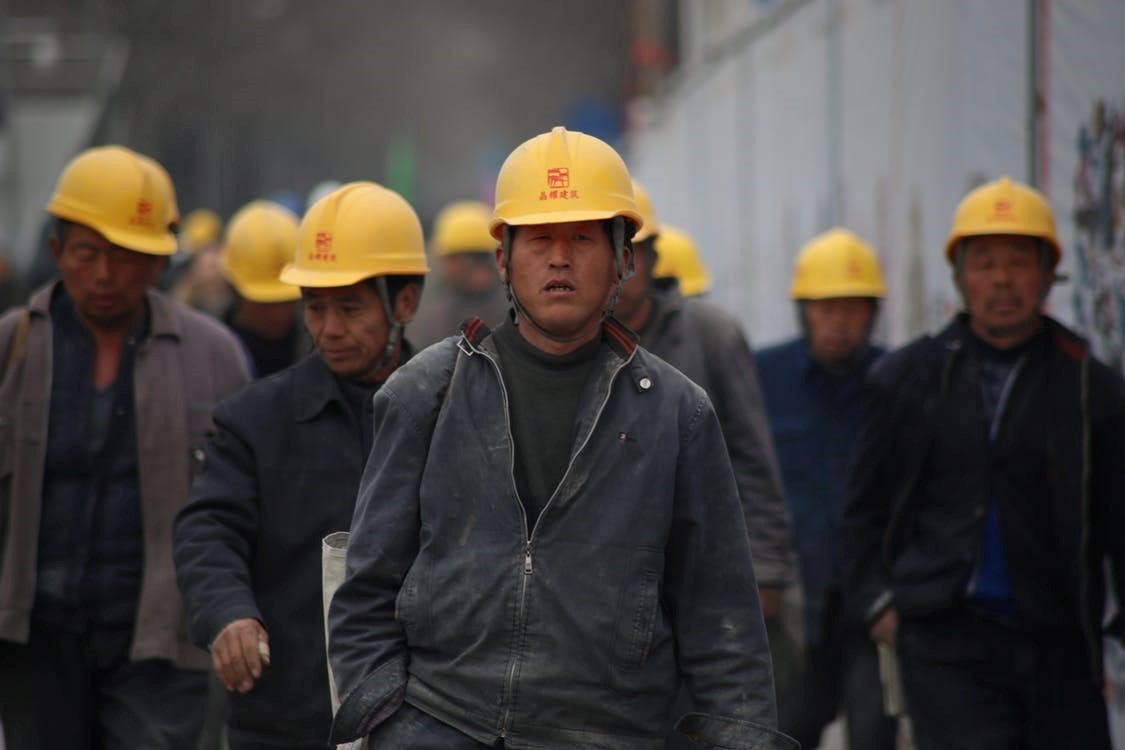In an age where women are less focused on getting married, men are more desperate for marriage than ever. Following up on our article on leftover women in China, the leftover men in China have earned their name under a much different context. China has one of the worst population gender gaps in the world – approximately 120 men for every 100 women. Globally, this ratio is around 105:100, but in some rural areas, the ratio can be as much as over 136 Chinese men for every 100 women. Millions of Chinese girls were lost since the making of the One Child Policy, and experts predict that by 2055, there will be 30% more single men than there will be women[. What caused this overwhelming inequality is a combination of factors both traditional and modern, cultural and political.
The One Child Policy: Conflict between policy and tradition
China’s One Child Policy was Implemented in 1979 by Deng Xiaoping to curb China’s massive population. This was the beginning of decades of bias against girls, as female babies were often aborted and left in orphanages or public places, such as trains and in the streets. Chinese society has long been patriarchal, and to this day, many Chinese families believe a male is better for the family because they are stronger and more capable. China also has a tradition of “多子多福” which translates to “many children many happiness.” Having long been an agricultural society, the Chinese were accustomed to having big families to work in the fields, and to take care of elderly parents in their old age. The introduction of the One Child Policy changed this, and families not only panicked over having one child but feared the idea of having that one child be a girl. By estimate, around 37 million Chinese girls were lost in since the policy was enacted.
Low class, low education, and low income making up a majority of leftover men
The One Child Policy was reversed in 2016 in light of a large aging population and a declining workforce. Yet birth rates continue to drop. Decades of the policy has made a lasting impact on the Chinese society, where people have weaned off of the desire for marriage and children as exemplified by “leftover women.” But leftover men in China, especially those in rural areas, are a much different concept. While leftover women willingly hold off marriage to focus on their career and education, leftover men in China are eager to get married. In an age where those living in cities are less focused on getting married, many of those being women, Chinese men are more desperate for marriage than ever.
Unmarried Chinese men facing unhopeful prospects: Bachelor Villages
But it is not just traditional values that are perpetuating this phenomenon. Marriage in China is complicated; many wealth-related factors are taken into account, such as ownership of cars and estate. However, gender imbalances are the most severe in poor rural areas, where patriarchal perceptions are most prominently manifest. In these places, Chinese women often leave the villages in hopes of finding a husband in the city, leaving an even sharper gender imbalance.
Such villages have taken on the name of “Bachelor Villages.” Men in these positions do not have enough money to provide for wives or potential families. In this sense, Chinese men are faced with strong economic pressures in addition to traditional family values. As a result, Bachelor Villages have formed where there exists an overwhelming excess of unmarried Chinese men facing unhopeful prospects for their future of marriage.

Migrant workers and an epidemic of loneliness in a modern China
Troubles continue to arise for this excess of men, who are now also faced with an epidemic of loneliness. A large percentage of leftover men in China are migrant workers who come from rural areas to work in cities mainly in construction. A series of state-conducted surveys revealed loneliness to be “the defining aspect of the migrant experience” primarily due to the lack of romantic prospects. Another survey discovered more than 70% of construction workers reporting emotional loneliness as the most painful aspect of their lives.
Migrant workers (largely men) face many societal challenges in a rapidly modernizing China. Migrant workers leave home at a very early age to pursue employment opportunities in the city. Yet these jobs are typically very hard working with low pay and minimal benefits. Without advanced education, these unmarried men are not qualified for more secure, higher paying jobs – which makes dating incredibly difficult. Not do long hours make it hard to date, their poor economic status doesn’t make for an attractive option in the eyes of women, and their low education makes it nearly impossible to ever reach a status deemed “worthy” for females.
This phenomenon takes a toll on the mindset of migrant workers as well, who don’t have enough money to feel confident. They also feel a sense of let-down towards their parents, who remain worried for their children’s welling until they get start a family. Chinese children have a strong sense of filial piety. Marrying off and having children is seen as repayment for their parents’ years of sacrifices to raise them.
We can see that marriage is an issue just of personal desire and physiological needs, but also a deep-rooted sense of cultural, and traditional obligation.
Applying a marketing perspective towards China’s gender gap
It seems that not many marketing efforts are aimed at leftover men in China. Rather, companies are more interested in leftover women since these women have a higher socio-economic status, and live in urban, high-consumption areas. Females also make up a slightly larger percentage of consumers in China. There are over 711 million men in China, many of them unmarried in both urban and rural areas. While the
Leftover men during COVID-19 outbreak
According to a study published by Baihe Jiayuan Network Group in Beijing from March 2020, 50% of single men felt lonely at home while only 33% of single women did during the coronavirus outbreak. Most notably, the lower the educational level, the less happy one was. In other words, those who felt the loneliest during the pandemic were the “leftover men” with low income, low education, and are in the lower class. Furthermore, during Chinese New Year, men’s search rates for topics related to dating was a high 69%, whereas it was only 31% for women. As Chinese New Year is a festive time for family gatherings, a commonly discussed topic is marriage. With the unforeseen coronavirus outbreak clashing with Chinese New Year, those born just after 1985 feel the pressure of getting married due to aging: 68% of men felt more pressured versus only 46% of women did. In a country where the male population far exceeds females due to the One Child Policy, men are more anxious and hurried than women in getting married than ever in China. The global pandemic brings barriers to offline dating including blind dates and the traditional Chinese way of parents introducing their friends’ sons and daughters. As a result, many have resorted to online dating, and there are more “leftover men” on online dating apps than ever in order to cure their feelings of solitude.
Author: Julia Qi
Daxue Consulting helps you get the best of the Chinese market
Do not hesitate to reach out to our project managers at dx@daxueconsulting.com to get all answers to your questions.





